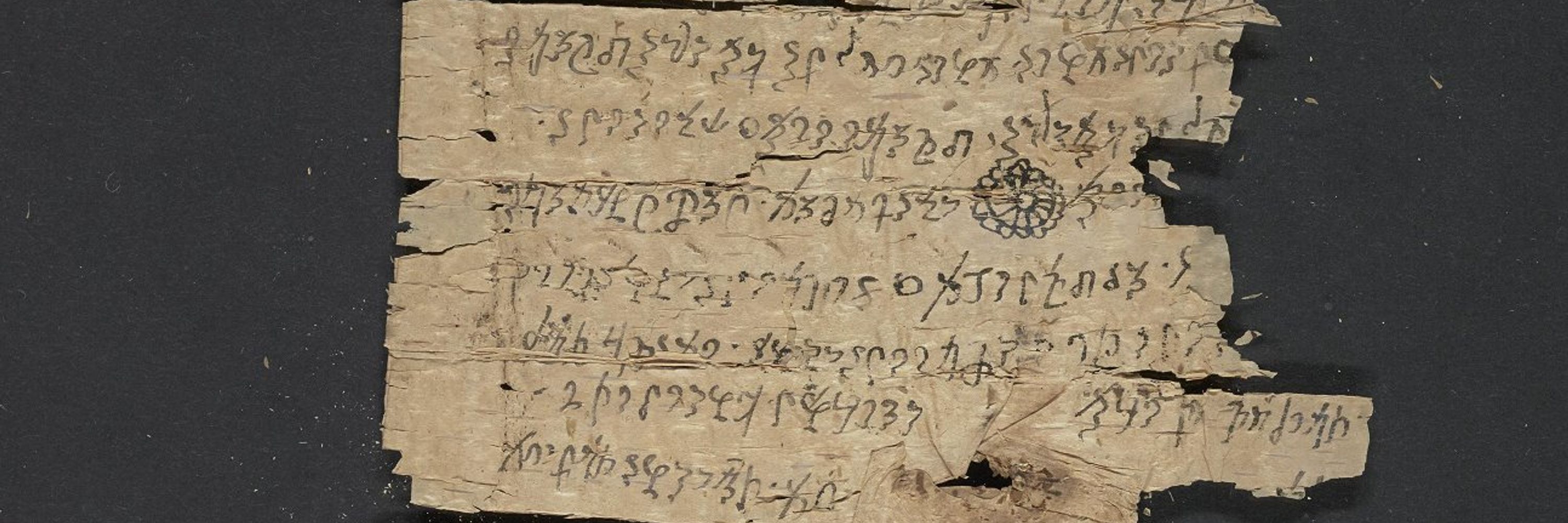
Skeptical Buddhism
@skepticalbuddhism.bsky.social
1.1K followers
75 following
1.1K posts
asks how well we've understood what the Buddha taught, as we see him in our oldest versions of his talks. By going back to those ancient texts, and studying the culture of his time, can we get a more accurate sense of it? An iconoclastic Secular Buddhism.
Posts
Media
Videos
Starter Packs
Pinned
1/ Before we take a look at how all the pieces of the Rituals section of Dependent Arising (DA) fit together, I'd like to talk about the theory I mentioned back in post #SB37of10k on craving (*taṇhā*).
#SB39of10k
#SB39of10k
1/ Before we take a look at how all the pieces of the Rituals section of Dependent Arising (DA) fit together, I'd like to talk about the theory I mentioned back in post #SB37of10k on craving (*taṇhā*).
#SB39of10k
#SB39of10k


